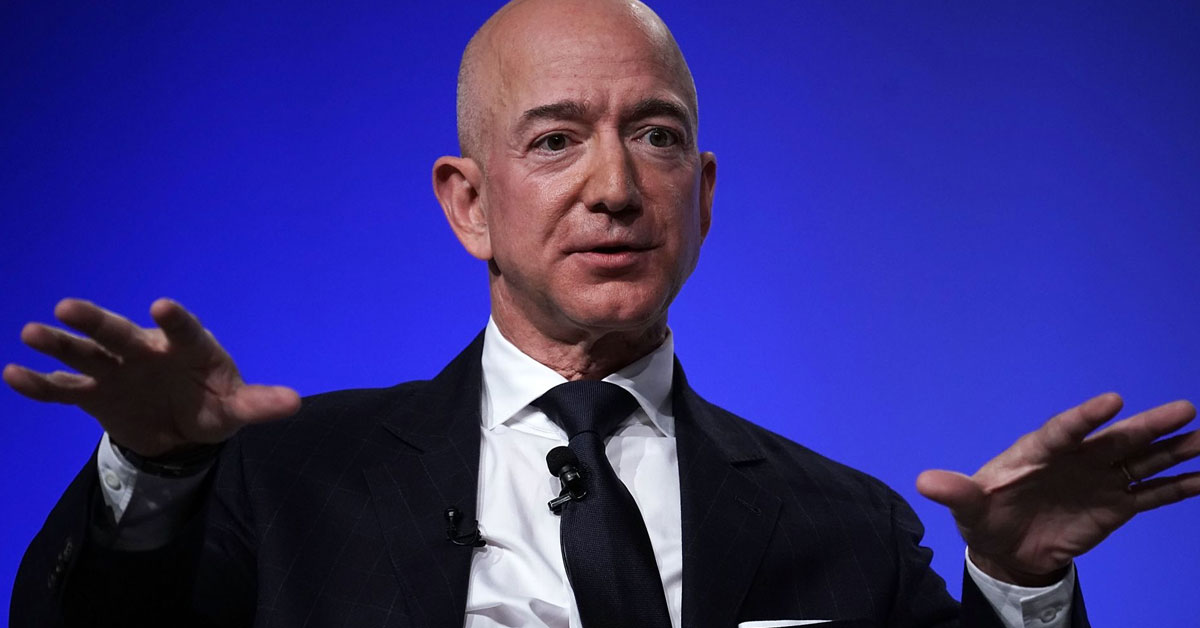Smart people tend to change their mind a lot
Smart people are open to new points of view, new information, new ideas, contradictions, and challenges to their own way of thinking
Jason Fried, co-founder of Basecamp and co-author of the New York Times best-selling book “Rework”, recounts a time when Bezos stopped by the company’s headquarters and did a 45-minute Q&A session. In one of his answers, the Amazon founder shared an interesting insight about people who are “right a lot”, writes CNBC.
Consistency of thought isn’t a positive trait
Bezos said: “People who were right a lot of the times were people who often changed their minds. It’s perfectly healthy — encouraged, even — to have an idea tomorrow that contradicted your idea today.”
Bezos went on to explain that the smartest people he’s observed were always “revising their understanding, reconsidering a problem they thought they’d already solved. They’re open to new points of view, new information, new ideas, contradictions, and challenges to their own way of thinking,” Fried recalls.
In short, smart people (a.k.a. those who are “right a lot”), change their minds — a lot.
Nothing is definite
When asked what trait signified someone who was “wrong a lot” of the time, Bezos’ answer was “the tendency to be obsessed with details that only support one point of view. If someone can’t climb out of the details, and see the bigger picture from multiple angles, they’re often wrong most of the time.”
It’s important to note that Bezos isn’t implying that smart people are insecure about their decisions. He’s simply saying that they’re comfortable with being wrong, which then allows them to analyse new data, be open to new opinions and revisit long-standing positions.
As psychologist Mel Schwartz writes, “One of the most prevalent — and damaging — themes in our culture is the need to be right. It is so deeply embedded in our belief system and in our collective psyche that we never even pause to consider it.”
More Amazon news
How can New Year holidays in the US and Canada affect cargo delivery dates
Customs and shipping companies working schedule during the New Year Important information for more accurate forecasting of cargo processing speed in the US and Canada during the New Year holidays. Please note that Customs and shipping companies will not work during...
Major shutdowns in China due to new COVID outbreaks
Multiple companies in Zhejiang province have suspended operations due to COVID-19 outbreak, halting production of goods from batteries and clothing to textile dyes and plastics. Zhejiang is one of China's biggest and busiest manufacturing hubs. The local government...
Amazon is using sellers as a cash cow
Amazon collects a third of seller revenue A new study claims that Amazon makes far more from fees on its Marketplace platform than even the cash cow known as AWS, reports TechCrunch. According to the report by the Institute for Local Self-Reliance, sellers now give...


